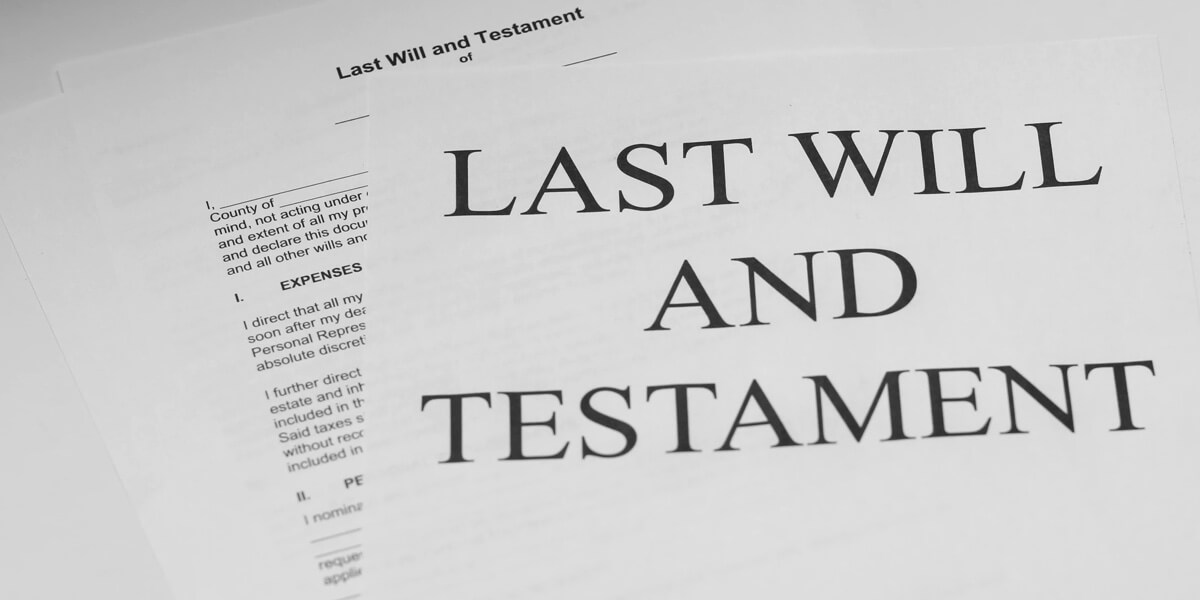Introduction
In his capacity as Ruler of Dubai, UAE Vice President and Prime Minister His Highness Sheikh Mohammed bin Rashid Al Maktoum issued Law No. (15) of 2017 regulating inheritance, wills and probate for non-Muslims.
The Old Law
Previously, there was no clear mechanism for the registration of wills for non-Muslims in the emirate and the only way non-Muslims could secure their assets was to request the application of the law of their home country, in keeping with the UAE’s personal status law (Federal Law 28 of 2005). Otherwise, assets would be automatically distributed according to Sharia law, which is based on a fixed share allocation system for the disbursement of assets.
The New Law
A will is defined under Article 2(8) of the law as a legal document by which the person or the testator expresses their wish as to how their property is going to be distributed to the executor in the event of their death. Whereas, estate is defined in Article 2(9) of the law as all the property or money left by the testator.
The new law will enable non-Muslims with assets in Dubai to have the option to bypass Sharia law and instead allow their estates to apply the legal framework that they choose. It will also offer flexible legal options, where previously there was inflexibility, to assist non-Muslim families in the event of the death of one of the parents.
The will may only contain movable and immovable property situated in the Emirate of Dubai; anything outside of the emirate of Dubai cannot be included in the will.
Will Registry and Registration Conditions
A “Non-Muslims Wills and Probate Registry” shall be established at both Dubai and DIFC Courts for the registration of wills for non-Muslims. The format of the register, the statements and the procedure for registration will be issued by the President of Dubai Courts and the Courts of DIFC.
The law prescribes the legal requirements for wills and probate for non-Muslims, the liabilities and obligations of the beneficiaries of wills, the responsibilities and limitations of will executors, the regulations governing inheritance and the distribution and management of the estate as well as appeal procedures. Disputes arising from wills and probate for non-Muslims will be adjudicated by Dubai Courts or DIFC Courts, depending on the place where the wills are registered.
As per Article 8 of the new law certain conditions must be met in order for the will to be registered. The will maker (‘testator’) must be a non-Muslim of at least 21 years of age, of sound mind, and has not been deprived from disposing his/her assets nor in a state of bankruptcy. The will must be signed by the testator, unless he/she is unable to do so (i.e. being illiterate), he/she may appoint another person for signing. The signature of the will must be in the presence of two witnesses. Also, an executor of the will must be appointed/mentioned in the will at the time of registration.
The Validity of Will
The law stipulates certain conditions of the testator and the assets mentioned in the will which must be defined (or able to be defined), existent, owned by the testator, and can be conveyed to the beneficiaries at the time of death. In the event the will contains a condition which is contrary to public order of morals, such conditions shall be considered null and void but without affecting the remaining conditions of the will.
Multiple Wills
As per the Article 11, in cases where the testator has multiple wills, the registered will should be taken in consideration. In the event of having more than one registered will, the first one registered shall prevail. However, in case none of the wills are registered, they will all be considered. In case of conflict the court will decide on the applicable will.
Procedures for Non-Muslims to Register a Will
- A lawyer can draft a will according to the expatriates’ national laws. The will can be notarised by the testator’s embassy and then attested at the Ministry of Foreign Affairs in the UAE.
- There is also the option to have it done at the Notary Public of the Dubai Courts.
- Wills may also be written in English by duly licensed legal consultants registered with the Dubai International Financial Centre (DIFC) Wills and Probate Registry. Horizons & Co legal consultant Muhammad Mohsin Naseer is a registered wills draftsman with the DIFC.
Conclusion
This is a very positive step and will alleviate many doubts from non-Muslim individuals who wish to register a will. The new law encourages residents to register their wills and manage their assets in Dubai, thereby creating increased confidence in Dubai’s investment landscape.
However, the application is still uncertain and not clear as it does not provide much practical guidance. Nonetheless, it will be interesting to see how it will be implemented.
Nourchene Kaak is an associate in our litigation team. Nourchene and Muhammad Mohsin Naseer can be contacted on 04 354 4444 or [email protected].

